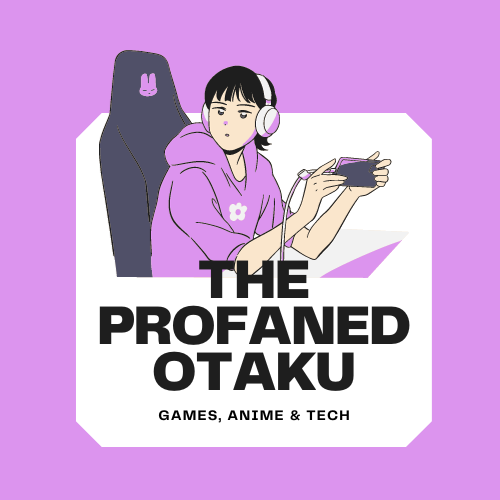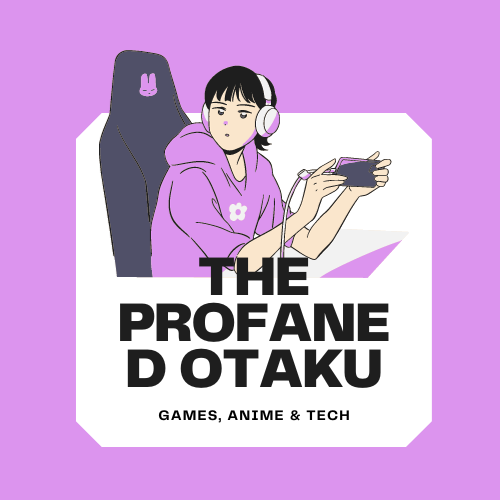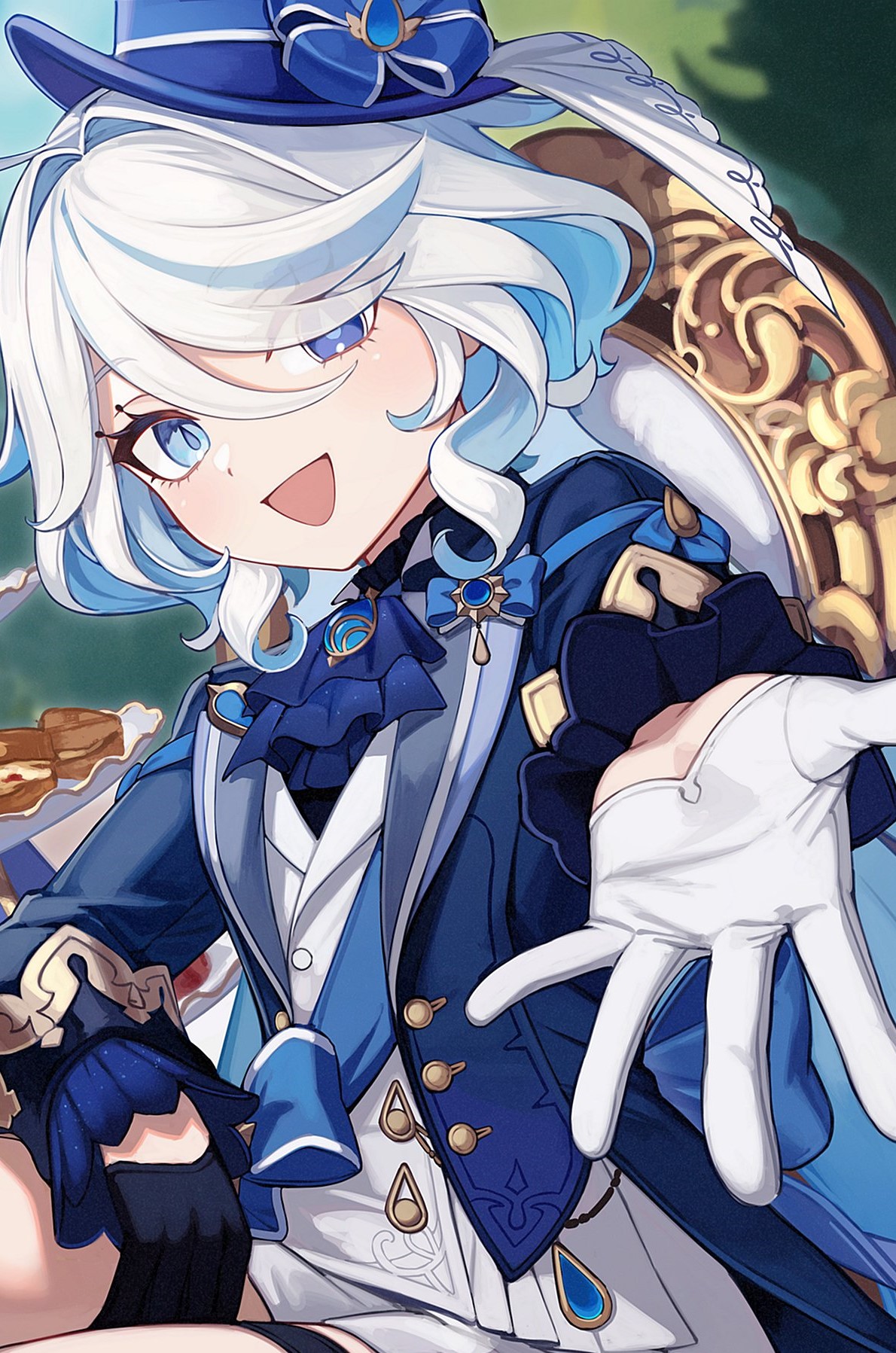The Background…

The recent information on multiple sexual allegations and misconduct at Ubisoft comes at the same time when the studio’s recent titles have failed to meet expectations both critically and commercially. Both are synonymous of course, at least in most cases. A company that have a proper work culture and ethics generally does end up creating good video games, or any product in general. If we talk about crunch culture, that’s a totally different thing.
Ubisoft has failed miserably in both the cases. Bloomberg’s Jason Schreier wrote in his article about the misogynist nature that plagues the various Ubisoft headquarters. Whether it be featuring a lead female protagonist in their games, or promoting women in their offices that would allow them to take more creative decisions or even women safety and security have been a matter of concern at Ubisoft.
Schreier goes in detail, explaining the key figure behind most of the creative decisions that used to take place at Ubisoft: Hascoët.
Hascoët served as the Head Of Creative at Ubisoft and supervised the development of almost all the major Ubisoft franchises such as Assassin’s Creed, Far Cry, Watch Dogs, etc. According to Jason’s piece, Hascoët had the power to reject or approve any game to his liking without much interference from the higher authority.
Providing one person such authority clearly signifies how inconsiderate this french AAA studio had been in the last decade or so, which also resonates with the games that they ship, all of which have failed to implement or acknowledge players feedback of what they would want from their games, hence resulting in an inconsistent and incoherent gaming experience.
Hascoët’s influences are clearly visible in the recent Ubisoft releases, especially this generation. The reason why most of the Ubisoft titles builds upon a similar foundation that is: Big open world playground, Non-linear story beats, outpost liberation, etc is because Hascoët wants it so.
Jason writes that “Ubisoft had developed a reputation, in large part because of Hascoët, for releasing games with similar tropes: large, open-world environments giving the player a list of tasks to accomplish and checkpoints to clear.” And since other higher officials had no say in this, what Hascoët decided was final.
Almost all of the Ubisoft titles in the recent memory have failed to distinguish itself from one another. They are all build on a similar foundation be it: Far Cry, Ghost Recons, Watch Dogs or even the recent Assassin’s Creed titles. And what a weak and wobbly foundation that is to begin with.
Ghost Recons: Breakpoint– the most recent Ubisoft failed miserably both in sales and reception. The game lacked personality and was a puddle of overused ideas that had previously been seen in other Ubisoft titles. What hit the most is the non-contextualized game elements that made absolutely no sense.
For example- Why would one add a settlement system and role-playing elements in a game that is clearly all about tactical stealth? Ubisoft’s answer or you can say Hascoët’s answer to this is that it worked perfectly fine with The Division 2, the game which also came out the same year and coincidentally failed to meet the company’s sales expectations as well.
Deeply rooted issues…

In a recent article I talked about how a good open world can differentiate itself from others by adding elements or mechanics that stays true to the game’s context. In other words, the implementation should be grounded. Take for example, the “resting” mechanic in Death Stranding. The game’s main objective was to traverse difficult terrain and deliver cargoes. For that the controls were designed in a way that players had to be conscious about their every move and so by resting not only did Sam-the game’s protagonist could lie down and recover his much needed stamina but also the players who could grab a drink or take a leak at that same. It was a neat little element that made “sense” in this kind of game. Similarly, making coffee in Red Dead Redemption 2 made sense because the game already had established an intricately designed camp system. And what’s a camp where you can’t make coffee really?
The camp system in Red Dead Redemption 2 worked not just because it was brought to life with but also because it made sense in the game, because it was a necessity. Whereas Rockstar Games may not implement this in their next game if it feels inappropriate, Ubisoft however won’t shy away from implementing this because they like to toy around with inappropriate elements, both in their game, and in their work culture.
Ubisoft likes to implement tried and tested methods in their open world titles which in result lacks personality and context. It is not because the staffs are incapable,no. Every Ubisoft studio hires the most talented artists, programmers and writers from all across the globe. All of these people work tirelessly day in and day out to ship a massive, gorgeous and polished AAA open world game every three years or so but the problem solely lies in the company’s foundation: Hascoët and his troop.
Speaking of foundation, Luke Stephens: A popular Youtuber I personally admire for his unique and analytical take on video games, recently shared his thoughts after spending three hours with Ubisoft’s upcoming Watch Dogs Legion. When the game was revealed back at E3 2019, it took many including me and Luke by surprise. Seeing a drastic change in the game design of one of Ubisoft’s biggest franchise is not something you witness very often.
Back then, Watch Dogs Legion felt really ambitious, thanks to the game’s flexible nature to let one play as absolutely anyone. The game boasted bold mechanics as such as the perma death which means that if the player’s character dies in the game, they actually dies and then they would have to recruit someone else.
Fast forward to 2020, a lot of that has changed.Watch Dogs Legion received multiple delays and what we have seen and experienced of this game feels lackluster and underwhelming. The perma death mechanic which was supposed to be one of the game’s key mechanic is now an optional feature which is by no means a bad thing. But as Luke pointed out in his recent video, it is a clear indication that Ubisoft “chickened out” from implementing such a bold gameplay feature solely because they themselves are not confident about the game’s combat, which in turn implies the underwhelming foundation.
Luke further clarified how the gameplay which is supposedly the foundation for any game in general feels outdated and crumbles down to the weight of this ambitious mechanic, which even the studio is well aware of. And so in the little time they got, Ubisoft decided to tone down one of Watch Dogs Legion’s key feature that would have otherwise been a positive factor for its sales.
Yet again the narrative comes down to Hascoët and his troopers who most definitely played their part in here. Ubisoft detest change. Whether it be in their work culture or their games.
The studio likes to borrow popular ideologies and try to fit in their games because their editorial department is too busy evolving creative ideas to make their employee’s life a living hell. Jason writes that-“Hascoët enabled bad behavior by fashioning the editorial quarters into a sort of frat like the one in Animal House. People who worked in the department describe pornographic videos on computers, boozy lunches, and a chorus of inappropriate jokes.”
How can a company even begin to develop a product whose foundation is so shockingly hollow. The artists and the designers and the PR does add layers to these flashy looking open world titles but at the root of it lies a hollow foundation that doesn’t seem to care at all about the final product. Two of the recent Assassin’s Creed titles seems to have an uncanny resemblance to 2015’s The Witcher 3: Wild Hunt and this year’s upcoming Assassin’s Creed Valhalla seems no different.
In Bloomberg’s report Jason also talked about how Hascoët detest female protagonists.
In 2018’s Assassin’s Creed Odyssey, Kassandra was supposed to be the only protagonist in the game but Hascoët wouldn’t hear the end of it and so Alexios happened. This wasn’t the first time that something like this had occurred. In 2015’s Assassin’s Creed Syndicate, both Evie and Jacob were supposed to share an equal screen time, however that was toned down to Jacob being the major character out of the two in the final build.
Even in 2017’s Assassin’s Creed Origins, on which Jason writes- “Assassin’s Creed Origins, released in 2017, was originally going to injure or kill off its male hero, Bayek, early in the story and give the player control of his wife, Aya, according to two people who worked on it. But Aya’s role gradually shrank over the course of development and Bayek became the leading figure.”
All of these are but small layers of a bigger picture that had been taking place at Ubisoft for many years. Titles like Assassin’s Creed Odyssey and Origins still received positive responses, from both critics and fans alike. But what has deeply affected the company’s portfolio is its future.
The Future…

In 2018, Ubisoft hired Mike Laidlaw, a Bioware veteran who had previously worked on the ever-popular Dragon Age franchise. Laidlaw’s involvement at Ubisoft quickly sparkled speculations that the studio is strongly moving towards making action RPG titles in the veins of old school Bioware games. Titles like Assassin’s Creed Odyssey was just laying the groundwork for it.
It made fans like me who had enjoyed Laidlaw’s previous works excited for Ubisoft’s future. Schreier recently shed a light on this matter and revealed that Laidlaw and his team were working on a King Arthur RPG with fantastical elements. However they were quickly faced with the dictatorial nature of Hascoët, whose hatred towards fantasy genre became an obstacle for Laidlaw and his team.
According to the reports, Hascoët set the bar for the game too high that even Laidlaw’s drastic change in the game’s setting, such as addition of sc-fi elements couldn’t save the game from ultimately being cancelled. Laidlaw left the company few months later.
In the last few years, all Ubisoft games had been built on a gameplay foundation which Hascoët referred to as systemic. If a game’s ideas didn’t fit for a systemic approach in gameplay. it was ultimately cancelled. Popular franchises such as Prince of Persia and Splinter Cell have been on hold because they clearly didn’t fit Hascoët’s idea of a modern systemic game.
Moreover, titles like Beyond Good and Evil 2 that tries to do things differently are going through development hell. In 2017, Ubisoft also announced that the company is working on a Avatar game, of which we haven’t seen anything of in the last three years. In late 2019, we did get a confirmation that the game is still in development and hasn’t been cancelled,yet.
What’s horrifying is that just like at Ubisoft, where people had just “accepted” Hascoët’s wrath whose actions had no consequences, fans have accepted the degrading quality of Ubisoft titles that seems to fall down even more with every new entry. As of now, Ubisoft will be releasing yet again three very similar titles in the next six months which are: Watch Dogs Legion, Assassin’s Creed Valhalla and Far Cry 6.
Titles like Skull and Bones, Beyond and Good Evil 2 that would have brought some diversity in the company’s lineup have been in development for a longer period of time and yet have no concrete release windows. Furthermore, Ubisoft Quebec’s God & Monsters have been delayed indefinitely.
Fortunately as of now, Hascoët has been removed from the company after multiple allegations, that were finally sufficient to draw CEO Yves Guillemot towards the decrement state their family owned business is going towards. Expect a change however not to soon because this may be a much deeper rooted problem than we can comprehend right now.
Also Read, Halo Infinite: Setting Your Expectation Right is The Key.










